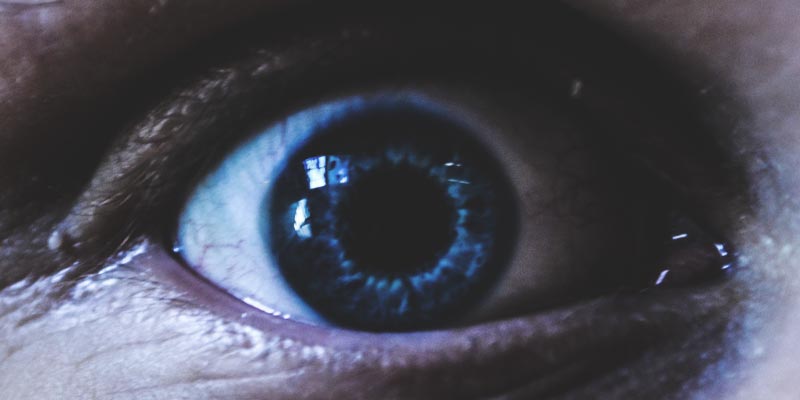British Horror and Fantasy Cinema

Overview
Academic Lead: Dr Matt Jacobsen
Syllabus: SUM501G_British_Horror_and_Fantasy_Cinema_from_Dracula_to_Harry_Potter [PDF 102KB]
British cinema is often celebrated for its social realism, yet has made significant and influential contributions to the worlds of horror, fantasy and science fiction. From the Gothic tradition of Dracula to nightmarish visions of London in 28 Days Later and the spectacular popular fantasies of Doctor Who and Harry Potter, this course investigates this alternative history or ‘repressed underside’ of British cinema and the ways in which these films have responded to their social and cultural production contexts.
Introducing you to a range of critical approaches to film and literature and making full use of our unique London setting, we will engage with debates on the cultural appeal and social significance of horror and fantasy, and the nature of audiences and film spectatorship. Key topics for discussion will be the depiction of London and the East End as both a landscape of fear and wonder; the representation of women, gender and sexuality in horror and fantasy; the psychoanalytic interpretation of horror and the ways through which these films engage with the history of Britain and its capital. With an emphasis on cinema, we will also compare the writing of British authors with film adaptations of their work.
Course content is subject to change.
Course aims
This course aims to:
- provide you with knowledge of the development of British horror and fantasy cinema from the 1950s to the present
- provide you with an understanding of the impact of social and economic contexts in Britain in the 20th century and their representation in cinema
- give you an introduction to a wide range of critical approaches in the study of cinema and compare their effectiveness and relevance
- provide a context in which to explore the relationship between history and film production, and an introduction to detailed analysis of films as primary sources within their social, cultural and industrial contexts
- engender an aesthetic understanding and appreciation of British horror and fantasy cinema as well as familiarise you with the indigenous cultural and social significance of dominant visual motifs and narrative themes
- enhance your analytical skills and your ability to write film commentaries and criticism with clarity and authority.
Teaching and learning
You will be taught through a combination of lectures, seminars, film screenings and field trips.
Learning outcomes
You will gain:
- an understanding of the different cultural and socio-historical contexts of British horror films
- a range of knowledge about British horror films and film-makers, and familiarity with debates on horror and fantasy film in film studies and film history
- an awareness of the visual and narrative properties of a range of British horror and fantasy films
- knowledge and application of a range of methodological and theoretical approaches to the study of film.
You will be able to:
- demonstrate an ability to analyse visual sources appropriately and accurately using a range of methods
- demonstrate your own ability to comment on films and engage analytically with film criticism from an informed vantage point and with an appropriate critical vocabulary
- distinguish between (and apply) a range of different theoretical approaches
- demonstrate an understanding of how film can be used as an historical source
- demonstrate an awareness of the complex relationships between history, culture and society
- undertake independent research, seeking out relevant sources and research materials
- write with clarity and authority
- develop effective oral communication skills in class discussions.
Fees
Additional costs
All reading material will be provided online, so it is not necessary to purchase any books.
You will be required to pay your travel costs to and from any field trips.
For course and housing fees visit our finance webpage
Entry requirements
We welcome Summer School students from around the world. We accept a range of qualifications
How to apply
Have a question? Get in touch - one of the team will be happy to help!
Applications close 26 May 2025